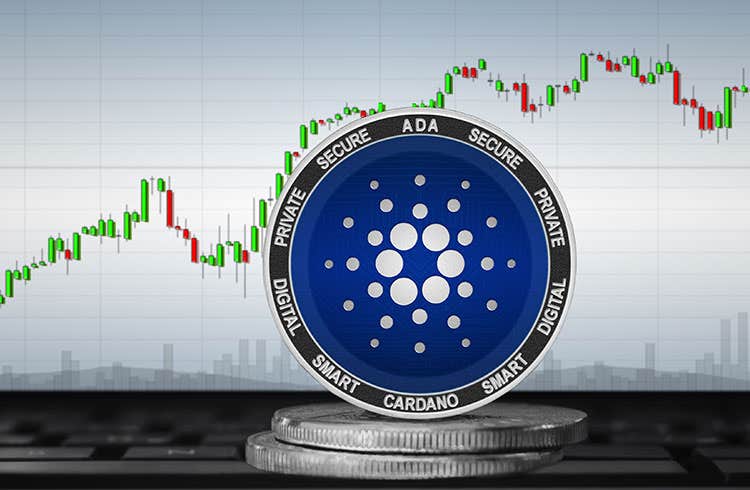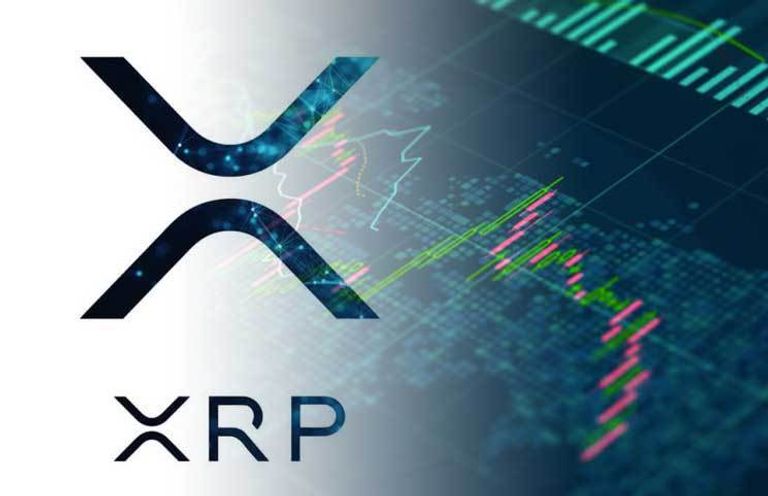Putin will soon accept payments for gas deliveries from “friendly” countries in BTC. The Russian President said this last week. Russia’s Prime Minister demanded that digital currencies should be integrated into the country’s own financial system as quickly as possible, and BTC mining should also be promoted. It seems that Russia is transforming into a crypto state. Can the Kremlin circumvent Western sanctions this way?
The fear of this has moved politicians in the West since the beginning of the Russia-Ukraine conflict. Europe, the USA and Great Britain have long since included cryptocurrencies in their sanctions packages. But that’s not enough for many politicians, led by ECB boss Christine Lagarde. “Crypto is a threat,” she explained. Lagarde is certain that cryptocurrencies would be used to circumvent Western sanctions.
Russian activities can be observed
It has not yet been possible to directly prove that sanctioned Russians are relying on cryptocurrencies on a large scale, writes chainalysisone of the largest data service providers in the world, in a new report, which is present at BTC-ECHO. The US company has been monitoring the activities of money launderers and fraudsters since 2014, in cooperation with government agencies. Now it is also targeting sanctioned Russians. So, reason for the all-clear?
With the use of cryptocurrencies, Putin would further devalue the ruble. Thanks to the blockchain, activities in the network are transparent. Authorities can usually trace them back more easily. An alternative are so-called Privacy Coins (Monero, ZCash, Mina), they have been booming since the beginning of the war. But their market capitalization is far too small for Russia’s gross domestic product. However, the concerns of Western politicians cannot be completely dismissed. Chainalysis also admits this in its report. Selective activities by Russian accounts can be observed. Many questions remain unanswered.
After the invasion began, trading between cryptocurrencies and the ruble briefly exploded by 900 percent. Chainalysis interprets the hustle and bustle of small investors, i.e. simple people, behind it. Russian whales also moved $62 million worth of assets via dubious crypto exchanges in March, a record since May 2021. Were these accounts owned by sanctioned Russian oligarchs? Chainalysis cannot tell.
Russia can also launder its fortunes in digital currencies via high-risk crypto exchanges and its own dark web, Hydra. So far, neither the trading volume nor the activities seem to be significant. To launder money, you have to mix it in a complicated process. The maximum volume for this is 30 million US dollars per day. It would take years to launder Russian fortunes.
Russia relies on BTC mining
BTC mining poses a greater risk. Iran has been mining digital gold to circumvent Western sanctions for some time. Russia could follow suit, Chainalysis warns. According to the Cambridge BTC Electricity Consumption Index, the country’s share of the hashrate of BTC was third in the world as early as August 2021, after the USA and Kazakhstan.
In fact, Russian services have already received significantly more cryptocurrency from mining pools since early 2022, Chainalysis writes. If the mining of BTC is soon to be promoted by the Russian state, the proportion is likely to increase significantly.
Ethereum price prediction 2022 – 2026
- Trump’s inauguration is approaching, but crypto promises may take a while - January 14, 2025
- Fidelity: 2025 will be the year of global Bitcoin adoption - January 14, 2025
- Ethereum: Inflation continues, but bulls continue to target $20,000 - January 14, 2025






















